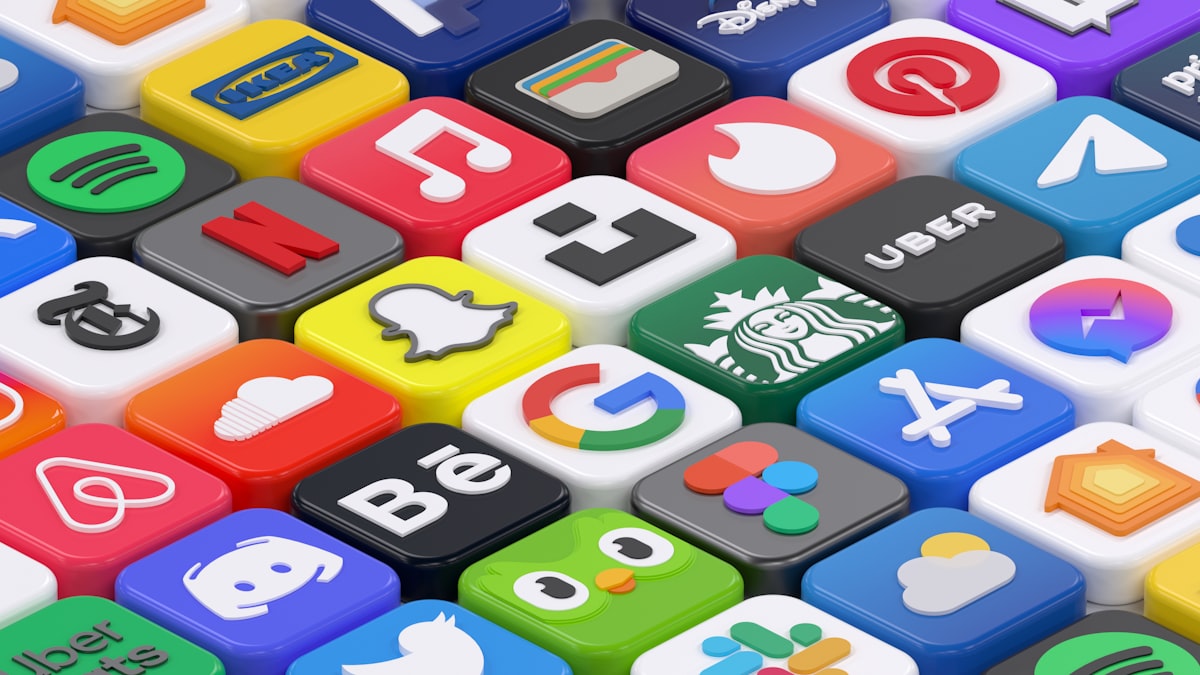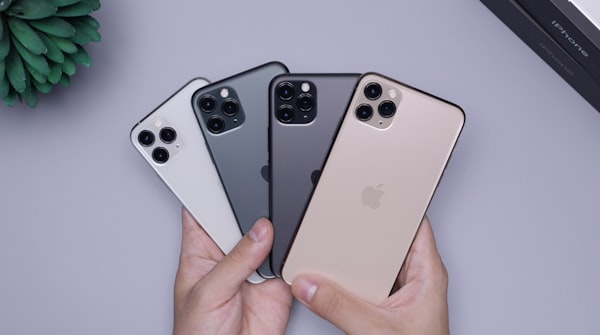Why I don’t use Apple’s First Party Apps
Apple's primary apps excel in meeting the needs of most users and covering common use cases, but they may fall short in terms of providing the advanced features sought by experienced users.

I'm deeply immersed in the Apple ecosystem, relying on both an iPhone and a MacBook as my daily drivers. However, I tend to avoid using Apple's native apps. Despite the fact that Apple offers apps such as Mail, Calendar, Reminders, Notes, Music, Safari, and Podcasts, I generally opt for third-party alternatives for each of these functions.
Before delving into the reasons, it's important to note that I do make use of certain Apple services and apps. Specifically, I rely on iCloud for cloud storage, Apple Photos as my primary Photo Library and Apple's Weather app for my weather-related needs.
I've opted for alternative applications in various areas of my device usage: Mimestream replaces Apple Mail, Fantastical takes the place of Apple Calendar, Things steps in for Reminders, Obsidian is my choice over Apple Notes, Spotify outshines Apple Music, Arc is my preferred alternative to Safari, and Pocketcasts wins over Apple Podcasts. Some of the alternatives that I utilize require payment, and I still chose them, unlike the free-to-use Apple counterparts.

The primary rationale behind my preference lies in the fact that Apple's apps cater to a more general user base and are not tailored for advanced users. These applications are intentionally designed to be straightforward, covering common scenarios. As a self-professed enthusiast of digital productivity, I seek out apps that accommodate intricate setups and the management of complex systems. Unfortunately, Apple's apps consistently fall short in meeting these specific demands. For instance, when it comes to note-taking, I adopt the intricate Zettelkasten method—a sophisticated approach followed by only a small percentage of note-taking aficionados. It's important to note that I don't criticise Apple for not developing specialised productivity apps; rather, I acknowledge their strategic approach. However, their choices do not align with my preferences when it comes to app functionalities.
Another straightforward explanation is that Apple's apps lack cross-platform compatibility. There are instances when I want the flexibility to access my data on devices beyond my MacBook—such as my Windows gaming machine. Unfortunately, Apple doesn’t make native apps for any other platform other than their own (other than exceptions like Apple Music and TV). Consequently, if I were to fully commit to using Apple's apps, I'd lose the ability to seamlessly access my data on other devices. While Apple offers icloud.com as a solution for accessing data from their first-party services, the experience is rather cumbersome. Personally, I prioritise a premium and seamless experience across all platforms.
This factor also contributes to why I opt not to use iMessage for chatting and FaceTime for calling. While I can indeed use these services with friends and family who have iPhones, they constitute a small minority. Juggling two apps becomes cumbersome, and I, personally, find WhatsApp to be my preferred communication tool for everyone due to its broader compatibility.
My viewpoint might not be widely shared and could even be considered contentious, but I find myself unimpressed with the design of Apple's apps. I, personally, find Apple's app designs to be uninspiring and lacking creativity. As someone who greatly values exceptional design and user experience, I have a strong preference for applications that boast captivating aesthetics and stay at the forefront of innovation in their niche. I'm more than willing to invest significantly for such premium experiences. Regrettably, Apple doesn't quite meet my expectations in this regard.
Another straightforward factor is that certain Apple apps are simply subpar. For instance, take Apple Maps, Apple Music, Safari, and Siri. Apple Maps falls short due to its weak dataset. Apple Music provides an unreliable user experience. Safari has had a rough time with bad design and compatibility. And Siri, less said the better.
The final factor that dissuades me from using Apple's apps is the lack of easy data portability. The information we create in apps like note-taking, task management, and podcast listening is highly valuable. However, if the ability to export this data conveniently and in a universally recognised format is restricted, it can be incredibly frustrating. I strongly dislike when applications attempt to lock users in by impeding data export. Ensuring the integrity of my data is my utmost priority.
For instance, consider Apple Notes – it allows exporting notes only as PDFs and doesn't offer an effective way to export the text files. Reminders lacks an export option altogether, while Podcasts also lacks the means to export progress. This limitation becomes problematic for users like me who value data portability and frequently explore new apps and services. I consistently want the ability to export my data. Unfortunately, Apple's apps fail to meet this crucial requirement.
I understand that for the majority of users, using the first-party apps makes perfect sense – they're straightforward and cover most common needs. However, for someone like me who values superior design, seeks out innovative features, prioritises data portability, and prefers cross-platform compatibility, Apple’s apps cannot be first choice.




